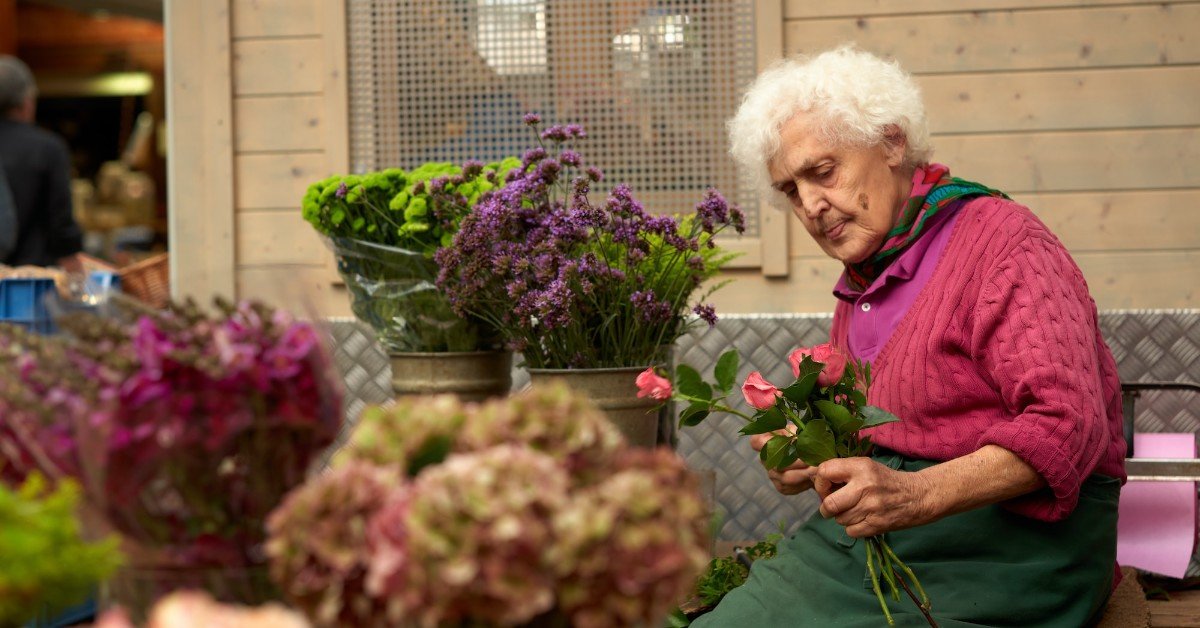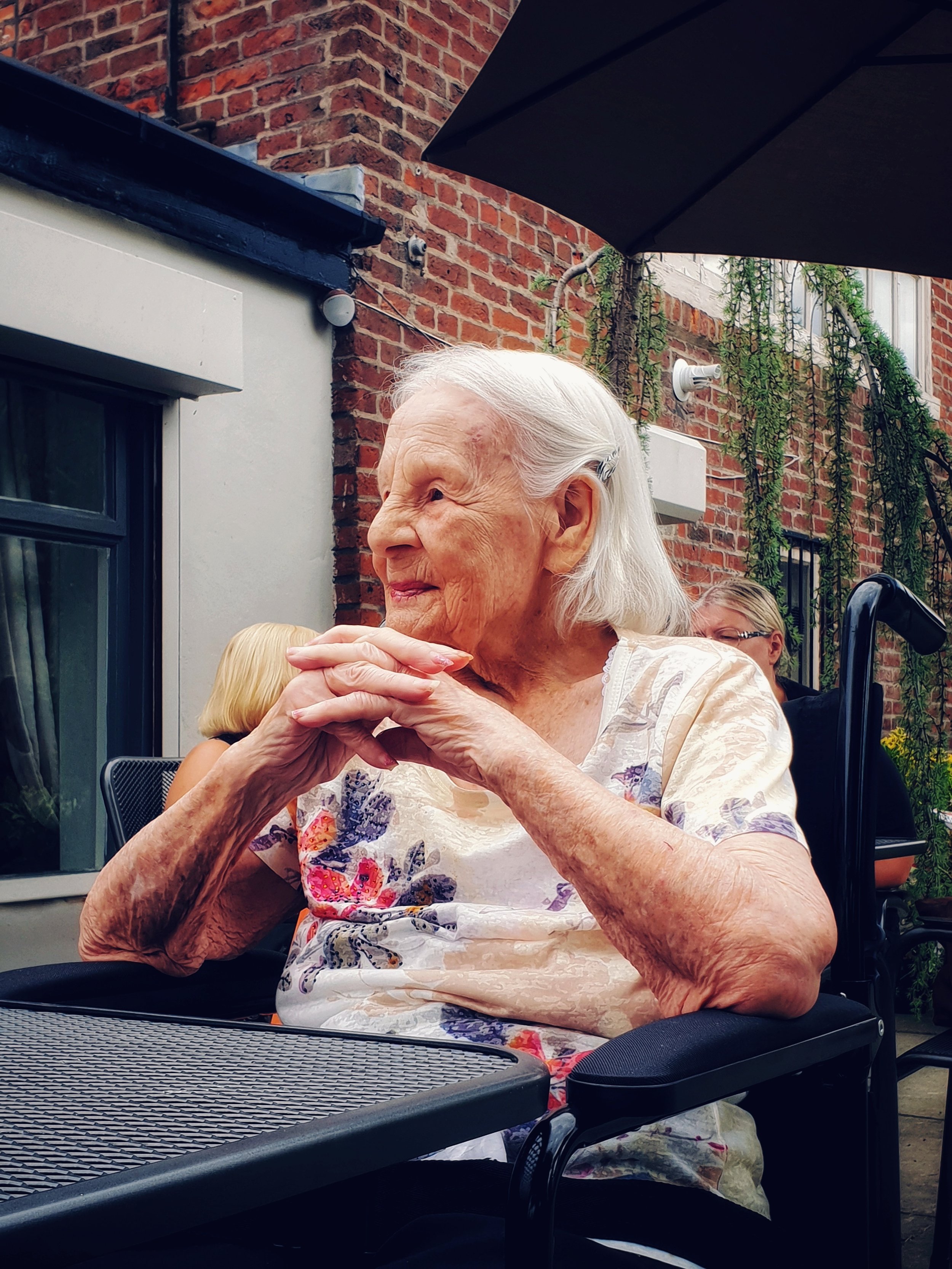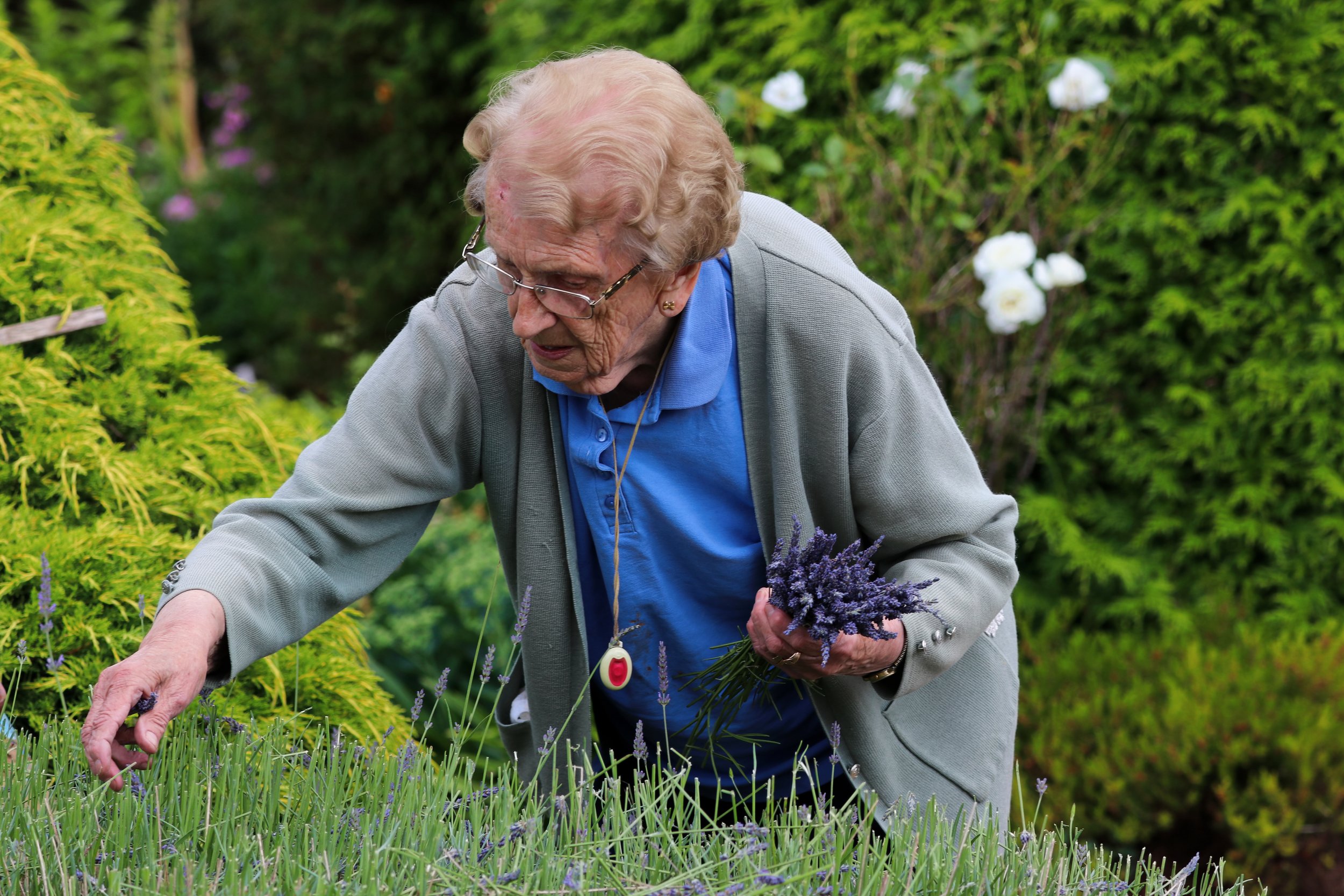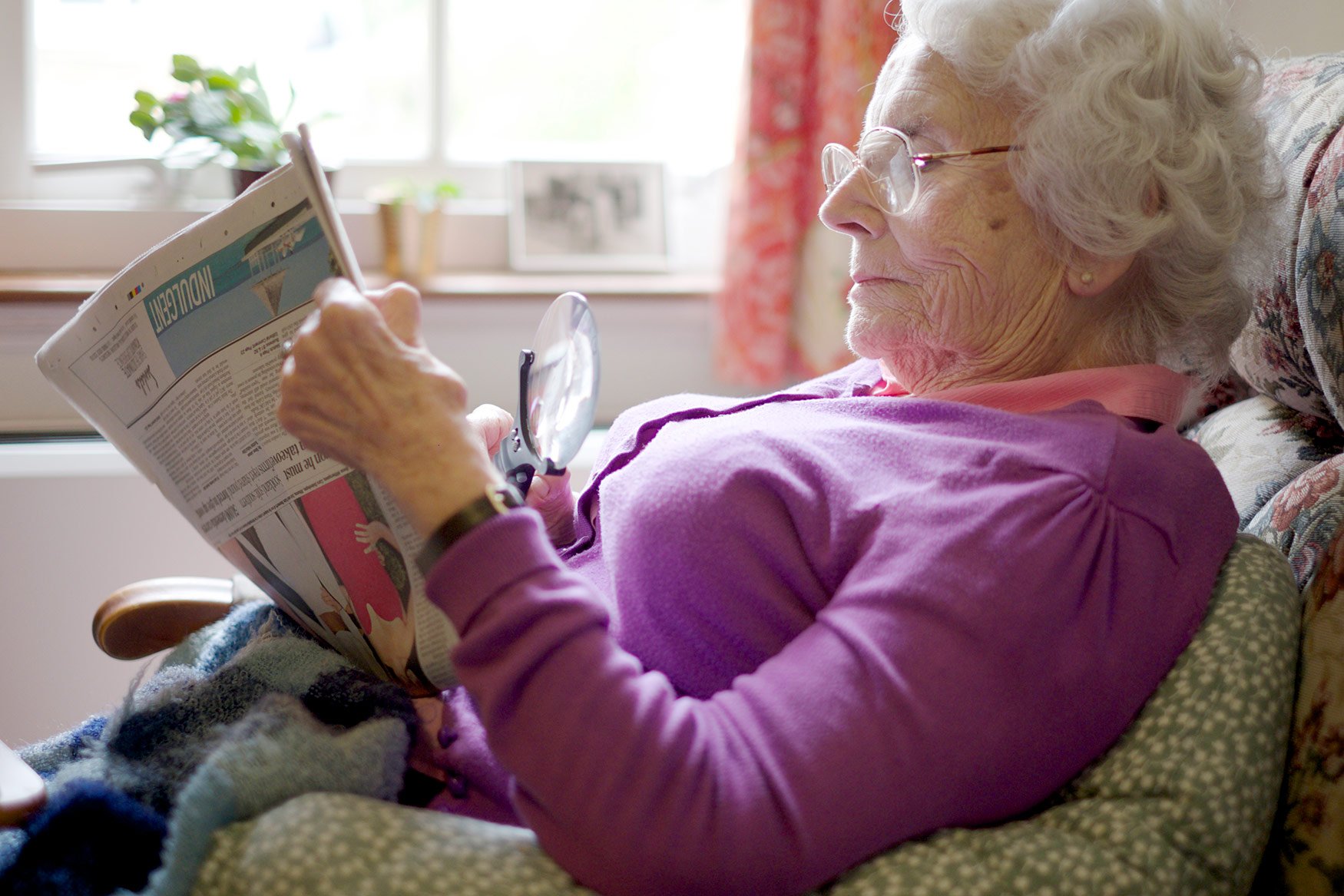
Dementia Thinking - Iris
DSDT Project Highlights
Iris is a series of think pieces launched in 2012 to address the issues that are shaping the future of dementia policy, care and practice.
Originally published on the website of the DSDC as part of the dementia festival of ideas funded by the dementia trust they are now going to be available on this website.






Stimulating thinking
The Trust is grateful to its sponsors and partners for supporting the series.
Iris draws on research and evidence from across the world to stimulate thinking and action across boundaries – between practitioners, organisations, policy makers or even countries.
Iris is specially commissioned to stimulate and encourage dialogue and understanding between professionals from all backgrounds and to promote public understanding and engagement.
Iris is an occasional series.
Iris one: Thinking long term;
the future of dementia in the UK.
This report picks up issues raised at a Roundtable Discussion held at the Royal College of Nursing in London on November 30th 2012 and hosted by Professor June Andrews and Mark Butler.
Iris Two: Housing at the Crossroads, written by Peter Molyneux, visiting fellow.
This paper explores how a change in approach could provide a more settled and less emotional approach to the future development of services for people with dementia – one which has positive implications for the “housing offer”.
If dementia is at a particular crossroads, so is housing, as the immediate and long-term challenges offered by dementia become unavoidable. So what are the responses available for meeting these needs? What can be done which is both practical and most effective?
Iris three: Voices and Assets – dementia in black, Asian and minority ethnic communities written by Mark Butler.
Based on recent work undertaken with faith groups in London. What “dementia “means is different in different communities. These differences determine what people think and do. Central to the work was the creation of the right conditions for open exchange between people in communities, both between each other and with others with different experiences and knowledge from outside the communities. This exchange was not limited to dementia but embraced many other sensitive issues around respect, faith, meaning, death, ageing and love.
There is little evidence that this type of trusted space for conversation and exchange is being generated with any conviction in BAME communities (or even seen as necessary by planners or professionals who could help stimulate and support these conversations). Our work shows that local communities themselves have a real thirst for knowledge and that external agencies can have a role to play in helping encourage voices from across communities, all of which will play a role in making and sustaining change.
Iris four: is an account of an
Ideas Lab in 2014.
The Trust funded and hosted this event that started with a world-wide, open call which simply asked ‘Dementia in 2040 – what are the ideas today which will change the world of dementia tomorrow?’
The special significance of this question is that this Ideas Lab marked the start of celebrations for the 25th Anniversary of the Trust supporting those at the forefront of dementia thinking and doing. From submissions received from across the world, five very contrasting ideas were selected – from Australia, Canada, America, Denmark and the UK.
This was the origin of the Dementia Trust Disruption Awards projects. So still going strong in 2023, almost ten years later.
Iris five: is an account of a very different Ideas Lab in 2015 which focused on Arts, dementia and culture.
IdeasLab 2015 had one simple goal – to identify ideas and projects where Culture and the Arts can really help improve the world for people with dementia in years to come. A world-wide call generated submissions from across the world. Ten of the best ideas were selected – from America, Hong Kong, Italy, the Republic of Ireland and from across the UK.
Each Ideas Lab is about bringing on ideas which have a real chance of making a difference. This Ideas Lab is also part of the year-long programme of the Dementia Festival of Ideas, running during 2015 to mark the 25th Anniversary of the Trust and the Centre it funded
The choice of the name Iris resonates with stimulation, communication and growth including links to the eye, the flower known for its rainbow of colours, the Greek Messenger Goddess and Iris Murdoch who was affected by dementia at the end of her life. Iris Murdoch was an author and philosopher.
Iris six: is an account of a Masterclass on the relationship between dementia and politics.
This Iris is designed to accompany an audio recording of highlights from the discussion which is available on the Masterclass website www.dementiamc.net. There is a lot of political interest in dementia at the moment. This is markedly different from 25 years ago when DSDC started. Dementia is now big politics – an explicit part of social and economic policies and increasingly part of popular discussion in the media and in everyday life. But are the right questions being asked? Are the political solutions up to the job? Are the issues dominating public discussion today really getting to grips with what is needed or simply getting in the way? Are we, whoever “we” means, storing up problems for the future?
What followed identifies some of the issues which are NOT being talked about, but should be. The analysis suggests there is real value in a more open and sophisticated political engagement with the implications of dementia than is currently happening and argues for more activism as a result.
Dementia is now firmly established as a priority for action in the UK. At one level this is visible in high-profile policy commitments, announcements, and strategies and, for England and Wales at least, a Prime Ministerial Dementia Challenge. But dementia is also something which more people are increasingly, out of sheer necessity, facing up to as individuals, as members of families, as communities and as providers of services. This looks like being the decade in which dementia is finally coming of age. On the face of it we are all starting to get to grips with what dementia means for us individually, socially and economically. Opportunities seem to be opening up which could make a difference.
So this should be a good time to take stock of the way dementia is going in the UK. It would be difficult not to welcome a national drive to improve the experience of people with dementia, but the idea here is not to rehearse again the apocalyptic “scale of the challenge” or review the detail of policy direction and practice. The aim is to focus on the credibility, depth and impact of what is currently happening – the evidence, governance and ethics of national policies and local action. Are the right things being done? Does the current activity stand up to scrutiny? Are there any issues which should be picked up now which will improve long-term change?

Other Projects
The Power of Power of Attorney
A Power of Attorney comes in to play at a point in life that can be challenging for all involved.
Dementia the Radical Agenda
The DSDT has been working in Northern Ireland for ten years, and in this film the Trust team spend time in Belfast talking about what has happened so far, and what still needs to happen.
Take me with you
This story is largely a tribute to the work of the people who work in and who manage care homes.



